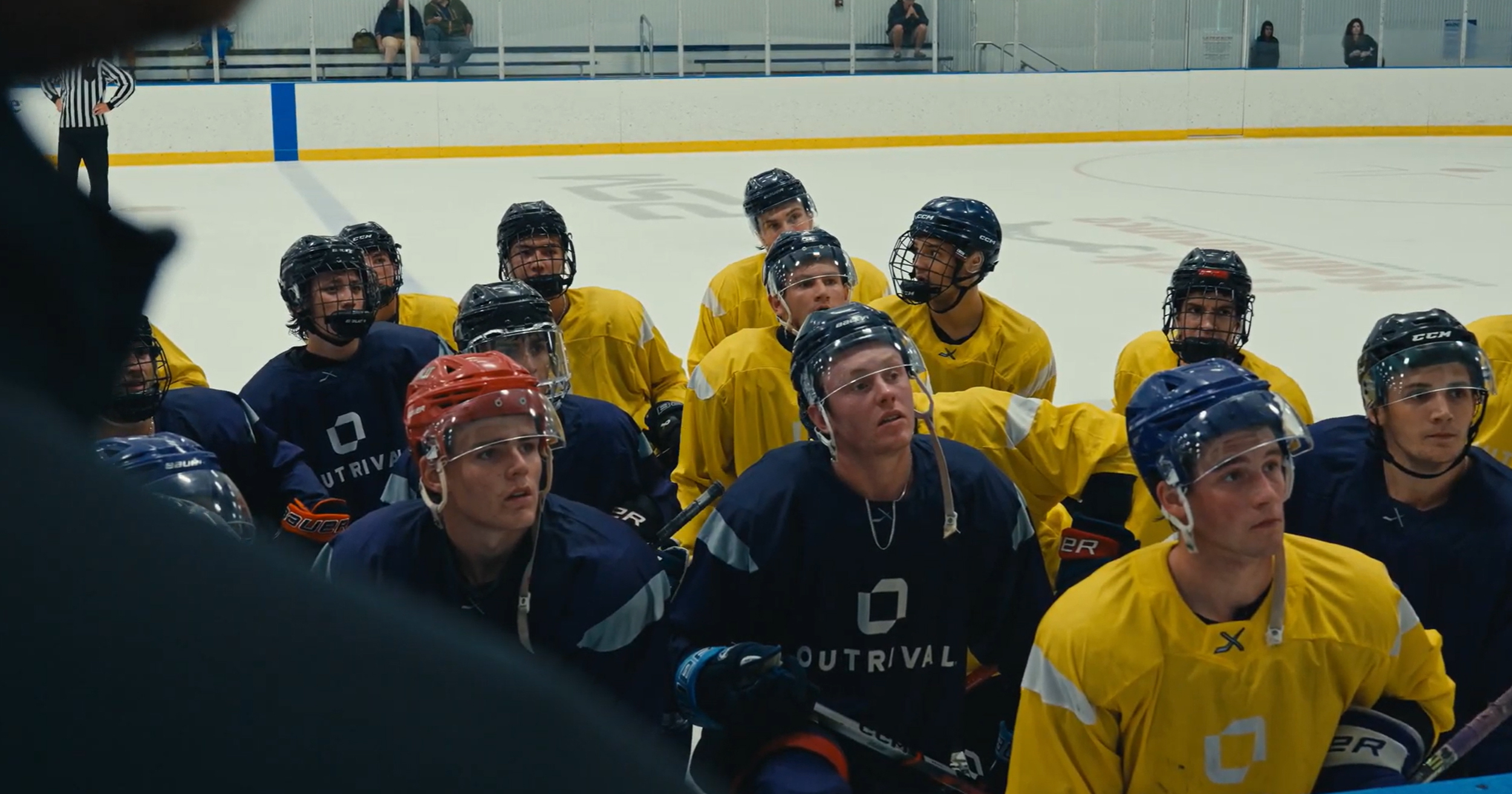This article was originally published in Authority Magazine.
“Your network is your runway. It’s vital to be in the right sphere and network of people, so that the people around you are the ones who can challenge you and help move you forward. You must have the right people to collaborate with; the wrong people can be a detriment. It takes time and can be hard to find the right mix.”
New technologies have changed the way we engage in and watch sports. Sensors, Wearable Tech, Video Assistant Referees (VAR), and Instant Replay, are examples of new technologies that have changed the way we play and watch sports. In this interview series called, “The Future of Sports; New Emerging Technologies That Are Disrupting the World of Sports,” we are talking to sports leaders, athletes, sports tech experts, and sports equipment companies who can talk about the new technologies that are reshaping the sports world. As a part of this interview, we had the pleasure of interviewing Chris Reaves.
Chris Reaves is the founder and chief executive of Outrival Sports, a nationwide youth-performance company that fuses pro-level coaching with real-time analytics to help the next generation of athletes unlock their potential. A former multi-sport athlete turned serial entrepreneur and investor, Chris has spent two decades building ventures at the intersection of technology, human performance, and community impact. His mission today is simple but bold: give every motivated young athlete the data, coaching, and character coaching once reserved for the elite few.
Thank you so much for joining us in this interview series! Before we dive in, our readers would love to “get to know you” a bit better. Can you share the most interesting story that happened to you since you began your career?
Absolutely. Early in my second company, I tried to enroll in Lutron’s elite lighting-automation training. Gatekeepers turned me down all day, but I kept dialing extensions until one evening, my phone rang. Lutron’s founder, Joel Spira, was on the line. He personally invited me to the training, and I was invited to share a meal with him.. He said he was flooded by emails and calls about my persistence in outreach, and he wanted to meet me. This helped me realize not to take no for an answer when you really want to accomplish something.
None of us are able to achieve success without some help along the way. Is there a particular person who you are grateful towards who helped get you to where you are? Can you share a story about that?
Without a doubt, I am grateful for my dad, who set my internal benchmark for work ethic. Even though he is no longer here with us, his hard work and determination influenced me from an early age. I saw that no matter what was in front of him, he was determined to make things happen.
Is there a particular book, film, or podcast that made a significant impact on you? Can you share a story or explain why it resonated with you so much?
Churchill: Walking With Destiny by Andrew Roberts. This book had a significant impact on me because it helped me understand the resilience and perseverance of Churchill in the face of political failure and personal setbacks. It was in these hardships that he was prepared for a time in the future when he would lead his country in wartime. Churchill once said, “I felt as if I were walking with destiny and that all my past life had been but a preparation for this hour.”

How do you think this might change the world of sports?
Transparency and agency. Parents won’t need a gatekeeper to tell them whether their child is “good enough,” rather, the numbers will speak clearly. Athletes everywhere, not just in big markets or high-priced academies, will access the same objective feedback and college-readiness metrics. Over time, that levels the playing field and broadens the talent pipeline.
Keeping “Black Mirror” in mind, can you see any potential drawbacks about this technology that people should think more deeply about?
Because this technology is data-driven, it may be so objective that it does not allow individuals to reveal the personal side of the game that is innate and intuitive within them. In other words, data must enhance, not eclipse, the human side of sport. If we reduce kids to a barcode of metrics, we risk stifling creativity and joy. That’s why we pair every stat with a coach’s contextual note and a character challenge, reminding athletes that numbers inform the journey; they don’t define the athlete.
What are the 3 things that concern you about the sports industry today? Can you explain? What can be done to address or correct those concerns?
Unqualified “advisors”: With social media and technology, it is easy for anyone to become an “advisor.” There are a lot of unqualified advisors who either do not do the job well or charge families thousands of dollars a year, telling them what they want to hear, without being held accountable, or really developing the athletes. Industry-wide certification standards and a transparent results dashboard can help….




















